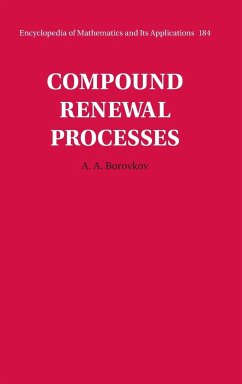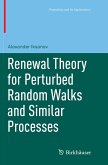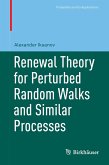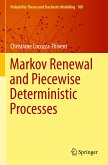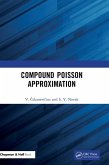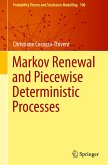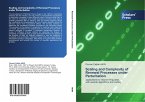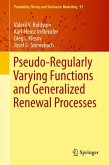"Compound renewal processes (CRPs) are among the most ubiquitous models arising in applications of probability. At the same time, they are a natural generalization of random walks, the most well-studied classical objects in probability theory. This monograph, written for researchers and graduate students, presents the general asymptotic theory and generalizes many well-known results concerning random walks. The book contains the key limit theorems for CRPs, functional limit theorems, integro-local limit theorems, large and moderately large deviation principles for CRPs in the state space and in the space of trajectories, including large deviation principles in boundary crossing problems for CRPs, with an explicit form of the rate functionals, and an extension of the invariance principle for CRPs to the domain of moderately large and small deviations. Applications establish the key limit laws for Markov additive processes, including limit theorems in the domains of normal and large deviations"--
Hinweis: Dieser Artikel kann nur an eine deutsche Lieferadresse ausgeliefert werden.
Hinweis: Dieser Artikel kann nur an eine deutsche Lieferadresse ausgeliefert werden.

